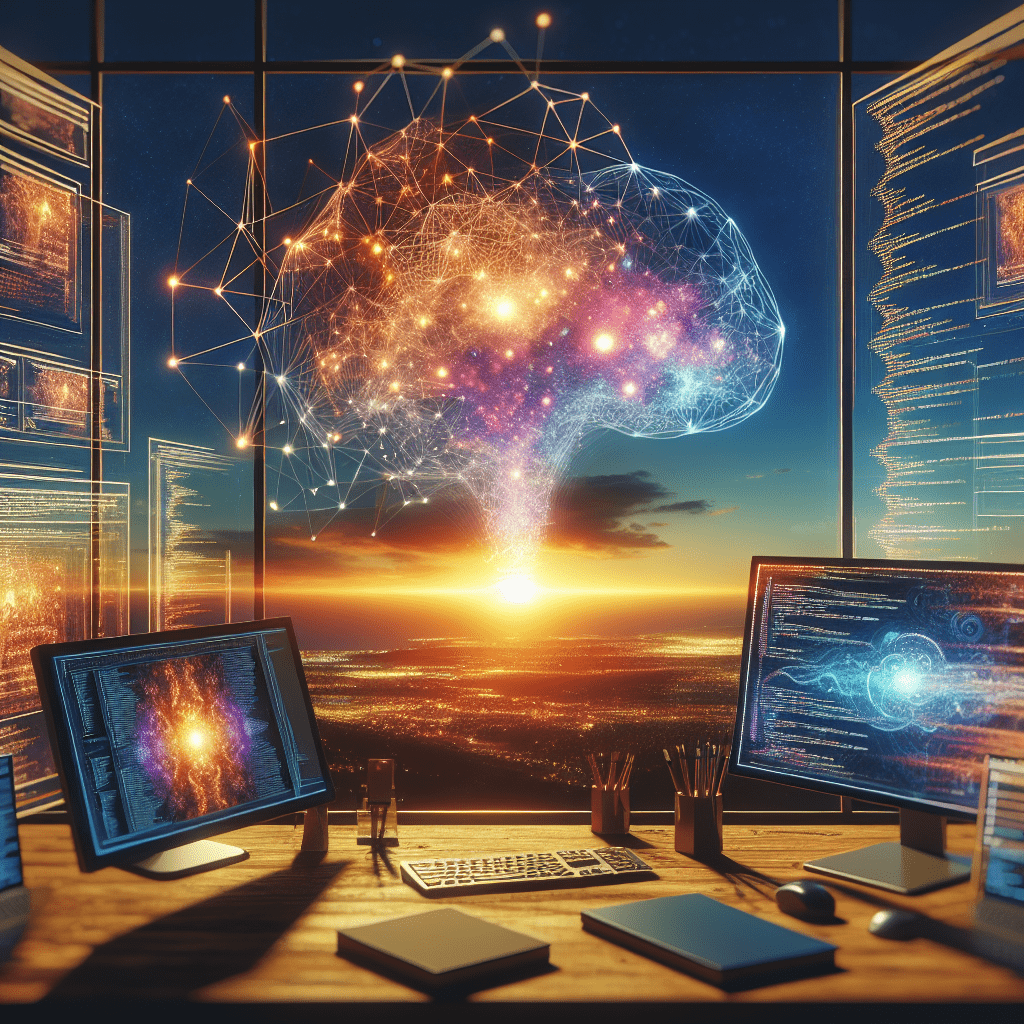Artificial Intelligence (AI) has been a hot topic in the tech world for years now, but the field is constantly evolving and pushing the boundaries of what is possible. In this article, we’ll take a look at some of the latest innovations in AI research and development (R&D), and discuss what’s on the horizon for this exciting field.
Current Trends in AI R&D
One of the most significant trends in AI R&D right now is the shift towards more specialized and domain-specific AI models. While general AI systems are still a goal for many researchers, there is a growing recognition that AI systems can be much more effective when they are tailored to specific tasks or industries.
Another important trend is the increasing use of machine learning techniques, such as deep learning and reinforcement learning, to train AI systems. These approaches have proven to be incredibly powerful for a wide range of tasks, from image recognition to natural language processing.
Finally, there is a growing emphasis on ethical considerations in AI R&D. As AI systems become more powerful and pervasive, it is crucial that researchers and developers consider the potential social and ethical implications of their work, and work to ensure that AI systems are developed in a responsible and transparent manner.
What’s on the Horizon for AI R&D?
Looking to the future, there are a number of exciting developments on the horizon for AI R&D. One key area of focus is quantum computing, which has the potential to revolutionize the field of AI by enabling much faster and more powerful computations. Researchers are also exploring new approaches to AI, such as neuromorphic computing, which is inspired by the structure and function of the human brain.
In addition, there is a growing interest in combining AI with other emerging technologies, such as blockchain and the Internet of Things (IoT). By integrating AI with these technologies, researchers hope to create more intelligent and autonomous systems that can learn and adapt in real-time.
Overall, the future of AI R&D looks incredibly promising, with a wide range of new technologies and approaches on the horizon that have the potential to transform industries and society as a whole.
Conclusion
Innovations in AI R&D are continuing to push the boundaries of what is possible in the field of artificial intelligence. From specialized AI models to ethical considerations, researchers are constantly exploring new technologies and approaches that have the potential to revolutionize industries and society as a whole.
As we look to the future, it is clear that the possibilities for AI R&D are virtually limitless. By combining AI with other emerging technologies and focusing on ethical considerations, researchers are paving the way for a future that is smarter, more efficient, and more interconnected than ever before.
FAQs
- Q: What are some of the key trends in AI R&D?
- A: Some key trends in AI R&D include the shift towards more specialized AI models, the increasing use of machine learning techniques, and a growing emphasis on ethical considerations.
- Q: What are some potential future directions for AI R&D?
- A: Potential future directions for AI R&D include quantum computing, neuromorphic computing, and integrating AI with other emerging technologies.
- Q: How important is ethical considerations in AI R&D?
- A: Ethical considerations are crucial in AI R&D, as AI systems become more powerful and pervasive, it is important to ensure that they are developed in a responsible and transparent manner.
Quotes
“The development of full artificial intelligence could spell the end of the human race.” – Stephen Hawking
#Innovations #Whats #Horizon


